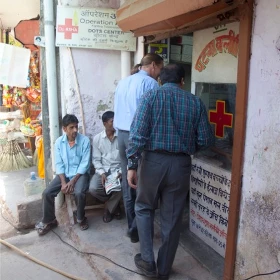
But what was on the desk was not ordinary: a netbook laptop and a fingerprint scanner. And on the left were boxes, all the same medication, with names written on them. “Try it,” Neema said. “Scan your finger.” I did and the screen turned yellow. “You have never been here yet” said Neema, “I cannot give you any medication.”
I was in a poor neighborhood, some would say slum, near Okhla in Delhi. Neema is the agent for Operation Asha. She serves two little drugstores and a total of 12 patients and makes a decent living doing so. Almost 90% of her patients will be cured and will not develop drug resistant TB. Yes, Operation Asha does TB. It specializes in identifying TB patients and delivering the government-sponsored free drugs to them until they are cured. And yes, it uses advanced technology, both to monitor the patients and to incentivize workers like Neema. Its success rate is almost 90% and it is 19 times cheaper than its nearest competitor in India! The screen on the computer could also have turned green, to give me the medication, or red, if I had missed a dose. And if red, it would have sent me an SMS to remind me.
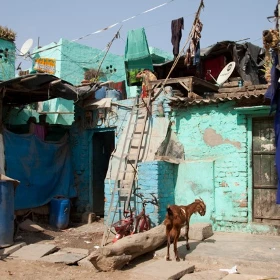 |
 |
 |
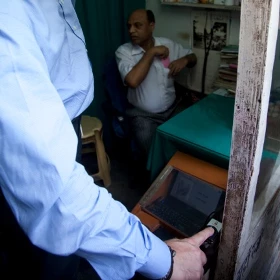 |
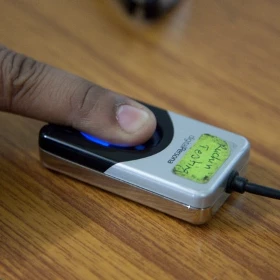 |
 |
Operation Asha’s office is pleasant but small and in an inexpensive location. It looks nothing like your typical international NGO’s office, let alone like the offices of international organizations like the World Bank and the United Nations. The office is full of young people, all of whom seem to feel that they are better off than before they had the job. Highly motivated and smart. The place packs a training room, an IT center and the administrative office in as little space as a single meeting room in my own office. And Operation Asha now works in eight states in India, plus Cambodia and Uganda. Oh yes, and nobody from Operation Asha has yet been to Uganda. The assistance is all virtual.
I was fascinated: If this could be rolled out everywhere where there is TB, we could stop multi-drug-resistant TB and save so many lives!
What Operation Asha does is literally to deliver the elusive “last mile” in service delivery. The mile that lies in between well-intended government programs and results on the ground. And they do it with relentless focus and incredible efficiency. What if we could develop Operations Asha for other problems as well? 90% efficiency and 19 times cheaper? It would be incredible!
For those of you who don’t know, Asha means hope. Hope for millions of TB patients. But to me it can be even more: hope for millions of others who need services, all over the world. Our last miles must become cheaper and more efficient. Asha’s results in applying the science of delivery give rise to real hope that this can happen.
For more information visit:
Operation Asha's website: www.opasha.org
Development Marketplace: http://dm-india.com
Photographs courtesy: Martje van der Heide

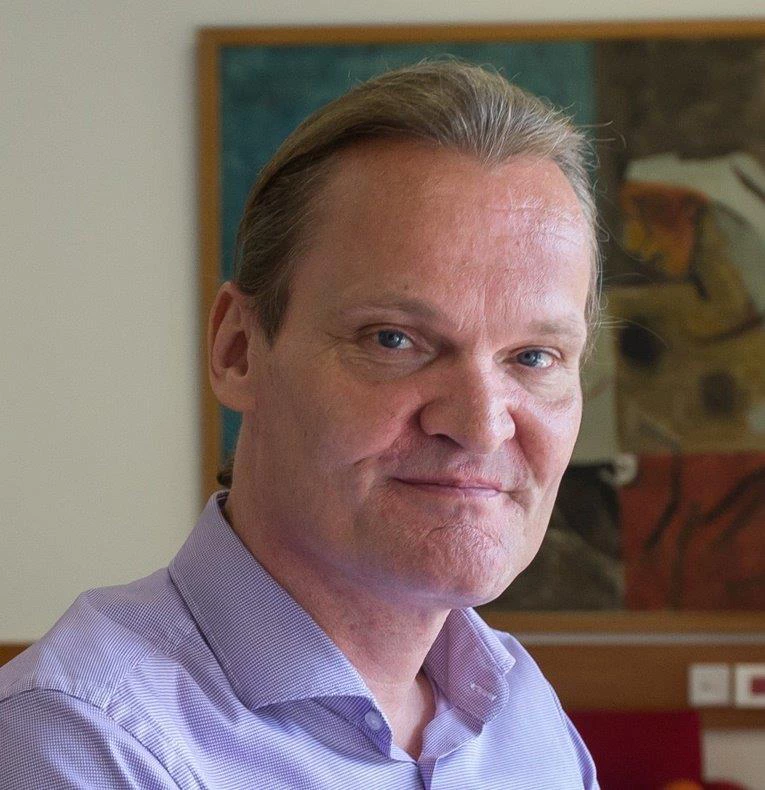
Join the Conversation